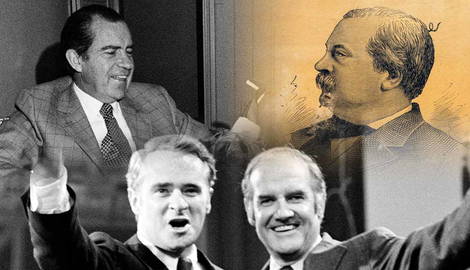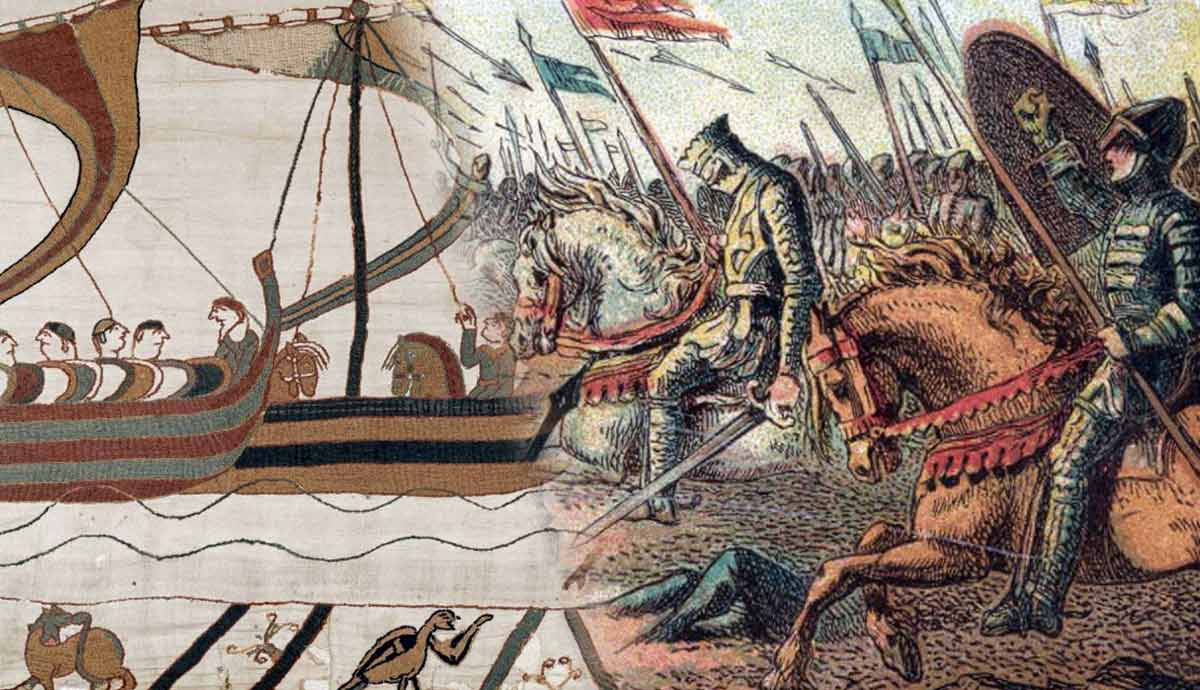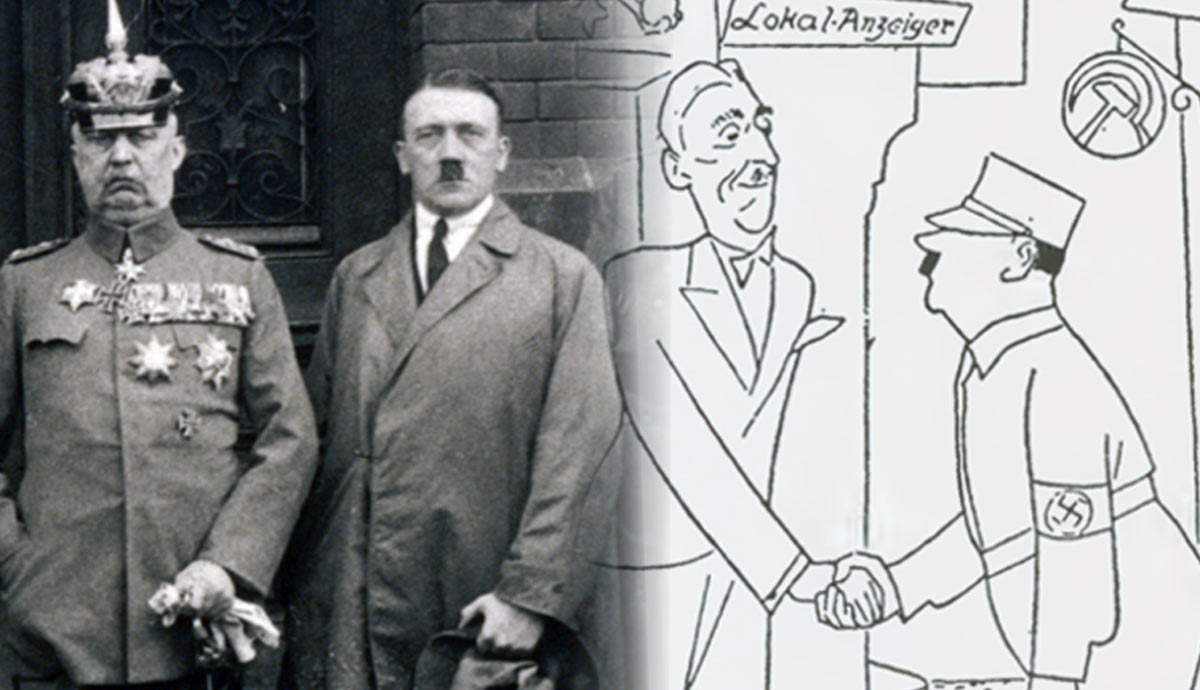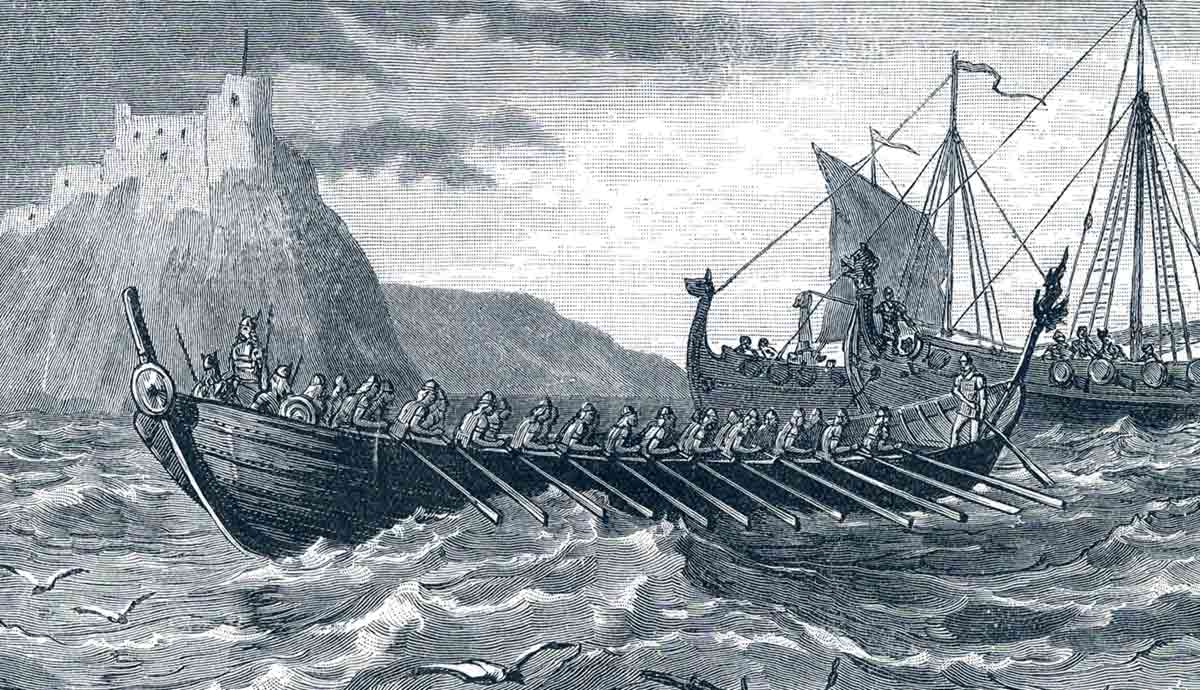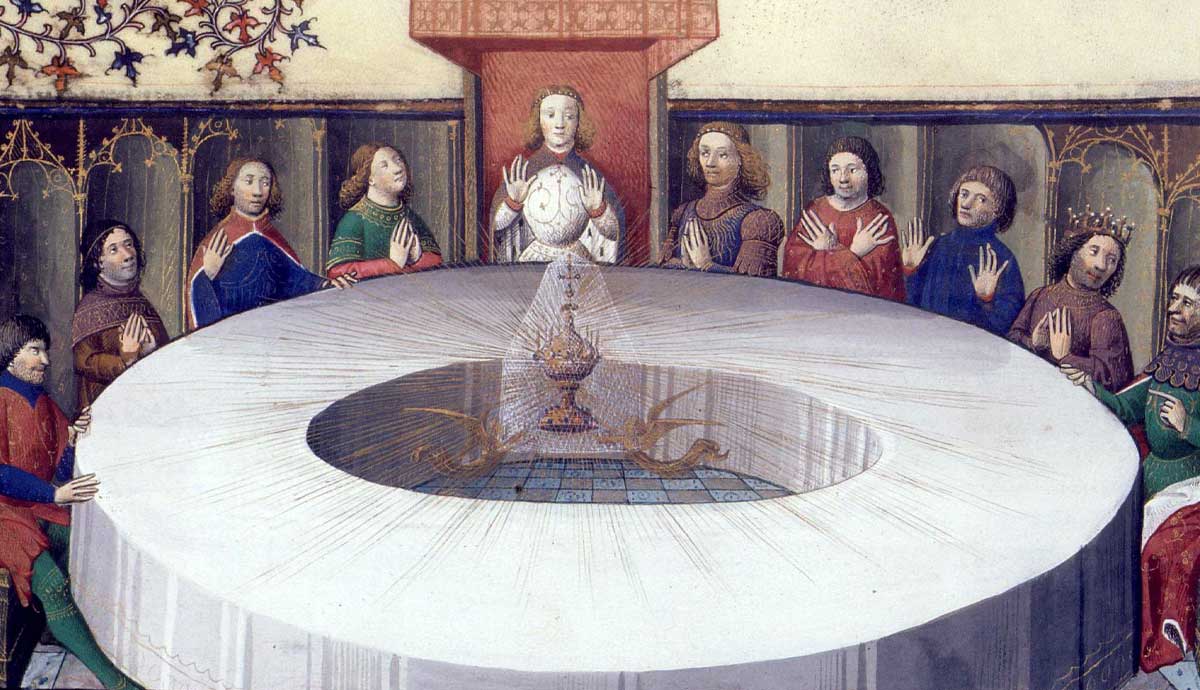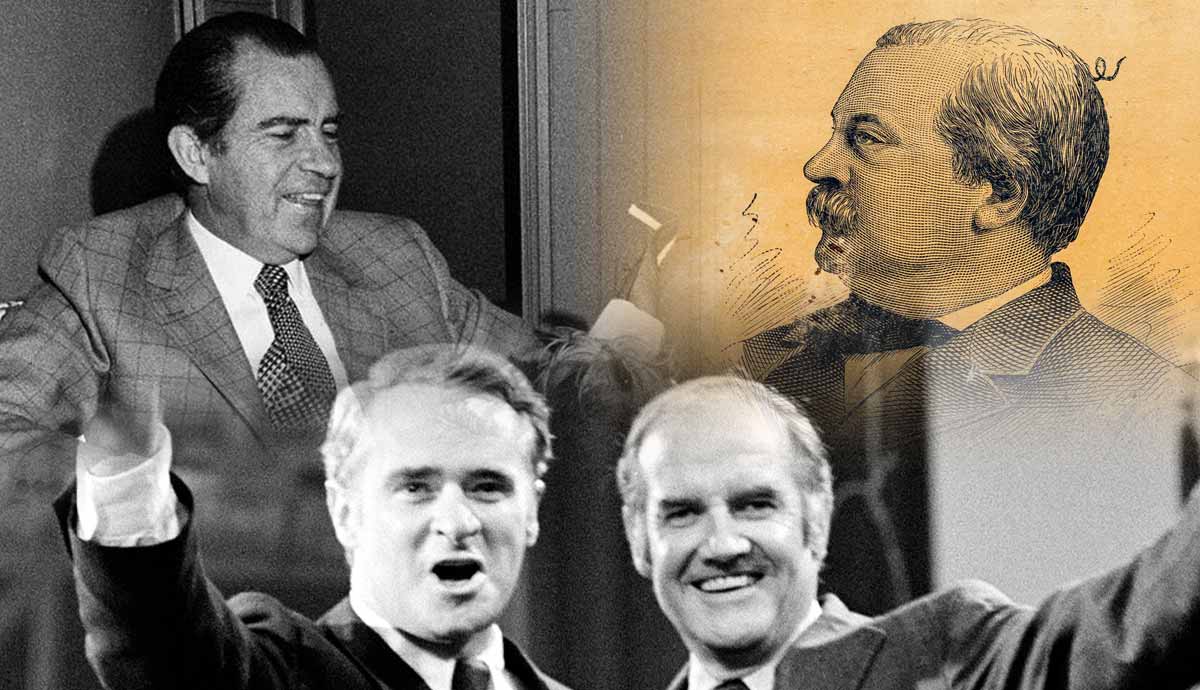
Negative campaigning is not a new phenomenon, but rarer are true scandals that emerge. Sometimes, these scandals sink candidates’ popularity and doom them to either humiliating loss or even resignation. Other times, however, candidates can actually survive significant scandals. Some politicians are lucky in that scandals emerge only after they are term-limited, meaning they cannot run for another term. Richard Nixon, Ronald Reagan, and Bill Clinton were US presidents who famously faced serious scandals during their second terms, thus avoiding controversial elections. But which politicians were not so lucky? Take a look at the most controversial US elections and their associated scandals:
1. 1836: A Running Mate Costs Van Buren Electors

In 1836, the vice president of populist Democratic president Andrew Jackson ran for the White House. Martin Van Buren, a northern Democrat who had earned the trust of his boss, had a clear path to victory. He easily won his political party’s presidential nomination and selected Richard Mentor Johnson, a War of 1812 veteran like Andrew Jackson, as his own running mate. However, despite being supported by fellow war veteran Jackson, R.M. Johnson had some struggles to win the party’s nomination as vice president.
Johnson had scandalized many in Washington DC political circles by having relationships with enslaved women he owned. The former colonel had two children with one woman with whom he developed a long-term relationship. Johnson allegedly had additional children with enslaved women, whom he then sold to other enslavers. The scandals cost Van Buren’s ticket some support among electors in the South, but the duo did win in 1836. In 1840, however, the Democrats did not re-nominate Johnson for vice president and allowed other candidates to run for the position. Van Buren did not win re-election that year, sparing the Democrats some awkwardness in choosing a new vice president.
2. 1884: Grover Cleveland’s Paternity Scandal

Another sex scandal embroiled presidential elections in 1884. Grover Cleveland, a Democrat, had become the presidential nominee and was quickly hit with media publicity of a ten-year-old story: a child had been born in Buffalo, New York with the last name Cleveland and quickly adopted…while the mother was placed in a mental institution. Similar to fellow Democrat R.M. Johnson before him, Cleveland could do little to refute the allegations. Cleveland’s campaign chose to largely ignore the scandal.
As Cleveland had been unmarried at the time, he was seen in less of a negative light than Johnson in 1836, despite the efforts of Republican challenger James Blaine and many major newspapers. Cleveland did not attempt to deny the affair, but suggested that other men could have been the father. The scandal likely tightened the race, but Cleveland scored a very narrow victory over Blaine. Four years later, Cleveland lost his re-election bid but came back to win again in 1892, becoming the first president to serve non-consecutive terms.
3. 1920: Warren G. Harding’s Multiple Scandals

Many students of history know about the Teapot Dome Scandal of the 1920s, which tarnished the presidency of Republican Warren G. Harding. However, Harding had already struggled with separate scandals leading up to his 1920 election. First, Harding was accused of having African American ancestry, which was very politically controversial. At the time, any African American ancestry was considered to make someone African American under the “one drop rule” in the South. Ultimately, Harding’s opponents could produce no evidence that the Republican candidate had any Black relatives, weakening their attempts to portray the Ohio politician as “racially unfit” for office.
More evidence existed of a second Harding scandal: his affair with Carrie Fulton Phillips, the wife of a friend. To prevent the affair from going public, the Republican Party allegedly paid for Mr. and Mrs. Phillips to go on a long-term international vacation during election season. A second affair occurred between Harding and a young woman he called his niece, which lasted into his presidency. The woman, who was secured a clerical job in a steel corporation by Harding, allegedly had the future president’s child in 1919 and received child support payments until Harding’s death in office in 1923.
4. 1952: Nixon and Checkers

In 1952, a young US senator from California named Richard Nixon was chosen as the running mate of Republican presidential nominee Dwight D. Eisenhower. Unlike Nixon’s later Watergate scandal, his first scandal had a far different outcome. The 39-year-old vice presidential nominee suddenly found himself accused of financial improprieties while on the campaign trail, with new communications technology helping spread the story nationwide. Nixon decided to address the accusations directly on the new medium of television. Boldly, he vowed to give complete financial transparency to the voting public.

There was no true evidence of financial improprieties, and Nixon’s televised speech was highly successful in winning over the public. In it, he declared that the only gift he had ever kept as a politician was the family dog, Checkers, and that he would be keeping it for his children. Dog lovers enjoyed the Checkers speech, and Dwight D. Eisenhower proudly reaffirmed his support for his running mate. Eisenhower and Nixon won handily that November and then re-election four years later. Twenty years later, however, there would be no talking his way out of Watergate!
5. 1972: Shocking News About Democratic Running Mate

Despite resigning in disgrace in 1974, Richard Nixon actually won re-election as president in a landslide two years earlier. Twenty years after the Checkers speech, Nixon ran for a second term in the White House against liberal Democratic challenger George McGovern. The Democratic Party was in disarray just four years after its infamous national convention of 1968, allowing an insurgent candidate like McGovern to score a surprise victory among convention delegates. In a second surprise, Democratic Party hero Ted Kennedy refused to become McGovern’s running mate.
Quickly, McGovern turned to young US Senate colleague Thomas Eagleton for a running mate. The lack of time meant there was no vetting of potential running mates, and it turned out that Eagleton had a political skeleton in his closet: electroshock therapy. In the 1960s, Eagleton had received electroshock therapy for depression. When the news broke, many questioned whether Eagleton could be trusted to man the Oval Office in a crisis. Eighteen days later, Eagleton resigned as vice presidential nominee, and Nixon won the general election in a landslide.
6. 1980: Chappaquiddick Returns to Hurt Kennedy

US Senator Ted Kennedy (D-MA) rejected the chance to be George McGovern’s running mate in 1972 but made his own presidential bid eight years later while a fellow Democrat was already in the White House. In a controversial move, the surviving brother of both John F. Kennedy and Robert F. Kennedy challenged incumbent president Jimmy Carter for the presidential nomination. Carter was struggling with the Iran Hostage Crisis and the Soviet invasion of Afghanistan, resulting in very low approval ratings. Kennedy saw an opportunity and challenged the president for the party’s leadership, sparking a deep feud.
Unfortunately for Kennedy, an old scandal re-emerged while he struggled to make ground against a hard-charging Jimmy Carter. The Chappaquiddick Incident of 1969 sapped some of Kennedy’s support as he sought nationwide popularity beyond his loyal home state of Massachusetts. In July 1969, the young US Senator had accidentally driven his car into the bay off of Chappaquiddick Island at night, leaving a young woman trapped in the passenger seat when he swam to safety. Kennedy allegedly delayed seeking help from police for hours, by which point the young woman had long since drowned in the car. Carter ultimately defeated Kennedy for the presidential nomination after a bruising primary battle.
7. 1987: Gary Hart’s Womanizing

The womanizing ways of presidential candidates, including those of Ted Kennedy’s eldest brother John, had long been overlooked by the mainstream media. This changed suddenly in 1987, beginning the modern era that some would describe as tabloid journalism. A handsome US senator from Colorado named Gary Hart was the frontrunner for the Democratic presidential nomination. He had run in 1984 and came in second place in the primaries, thus setting himself up as the leading man four years later.
Unfortunately for Hart, the Miami Herald broke the story that he was having an extramarital affair with a young woman named Donna Rice. Unlike previous affair allegations targeting powerful politicians, this one caught the public’s interest. The media began digging, and Hart could not successfully talk his way out of trouble. Quickly, the senator suspended his campaign. Although he returned to the campaign in December 1987, well before the primaries began, his star had faded, and he fared poorly when voting began.
8. 2004: Swift Boat Scandal Sinks Candidate

In 2004, incumbent US President George W. Bush was in a tough spot heading into his re-election bid; the war in Iraq was not going well. Democrats nominated longtime US Senator John Kerry, a decorated Vietnam War veteran and anti-war advocate, to challenge Bush. Kerry’s combat decorations were a contrast to Bush’s own military record during the Vietnam War era when he served in the Texas Air National Guard. Bush’s critics argued that the heir of the Bush political family secured a spot in the Air National Guard to avoid service in Vietnam.
Republican supporters fought back by questioning Kerry’s own military service in Vietnam, accusing the Senator of inflating his record. The political group Swift Boat Veterans for Truth claimed to have reports from Kerry’s Swift Boat colleagues that the officer had not served honorably. During the general election, the group featured multiple Vietnam War veterans, attesting that Kerry did not deserve his many medals. Although no hard evidence was presented, the attacks did sap Kerry’s popularity and helped Bush win a second term. The term “swift boating” entered the lexicon, referring to an unfair political attack.
9. 2013: Disgraced Governor Bounces Back

Mark Sanford was a popular governor on track to be a presidential contender before news emerged of an extramarital affair. Public interest was piqued because the affair involved an international trip to Argentina by the governor. It turned out the trip, which Sanford apparently tried to hide initially, was to see his mistress. The South Carolina governor went public with an admission and vowed to work on restoring his relationship with his family.
Fellow Republicans in the state legislature quickly went after Sanford, and he was censured but not impeached. The embattled governor chose not to resign and completed his second term. Two years later, in a surprise move, Sanford returned to the campaign trail and won a seat in the US House of Representatives in 2013. After serving a few terms in the House, Sanford retired but briefly returned to politics again in 2019 to challenge US President Donald Trump for the 2020 Republican presidential nomination. His bid fizzled quickly, especially as many Southern states tried to cancel their Republican presidential primaries in a show of support for Trump.
10. 2016: Email Server and Access Hollywood Tape

The 2016 presidential election featured a major scandal for each nominee. Democratic nominee Hillary Clinton found herself repeatedly dealing with the fallout from her private email server scandal, where she was accused of weakening national security and violating the law by using private email for government business when she was the Secretary of State. Supporters declared the scandal to be a triviality and argued that national security was never jeopardized. Many were upset when the FBI director re-opened the investigation into Clinton’s email server only days before the election and blamed the “October surprise” for helping her opponent.
Clinton’s opponent, Republican nominee Donald Trump, found himself beset with scandal that autumn as well. A 2005 recording of Trump during an appearance on the show Access Hollywood revealed the real estate tycoon using lewd and inappropriate language to refer to women. Many people, including some Republicans, condemned his use of vulgar language, which the candidate tried to pass off as “locker room talk.” After apologizing for his language, however, Trump was able to win the election by narrowly clinching most swing states—he lost the popular vote to Clinton by almost three million ballots.
